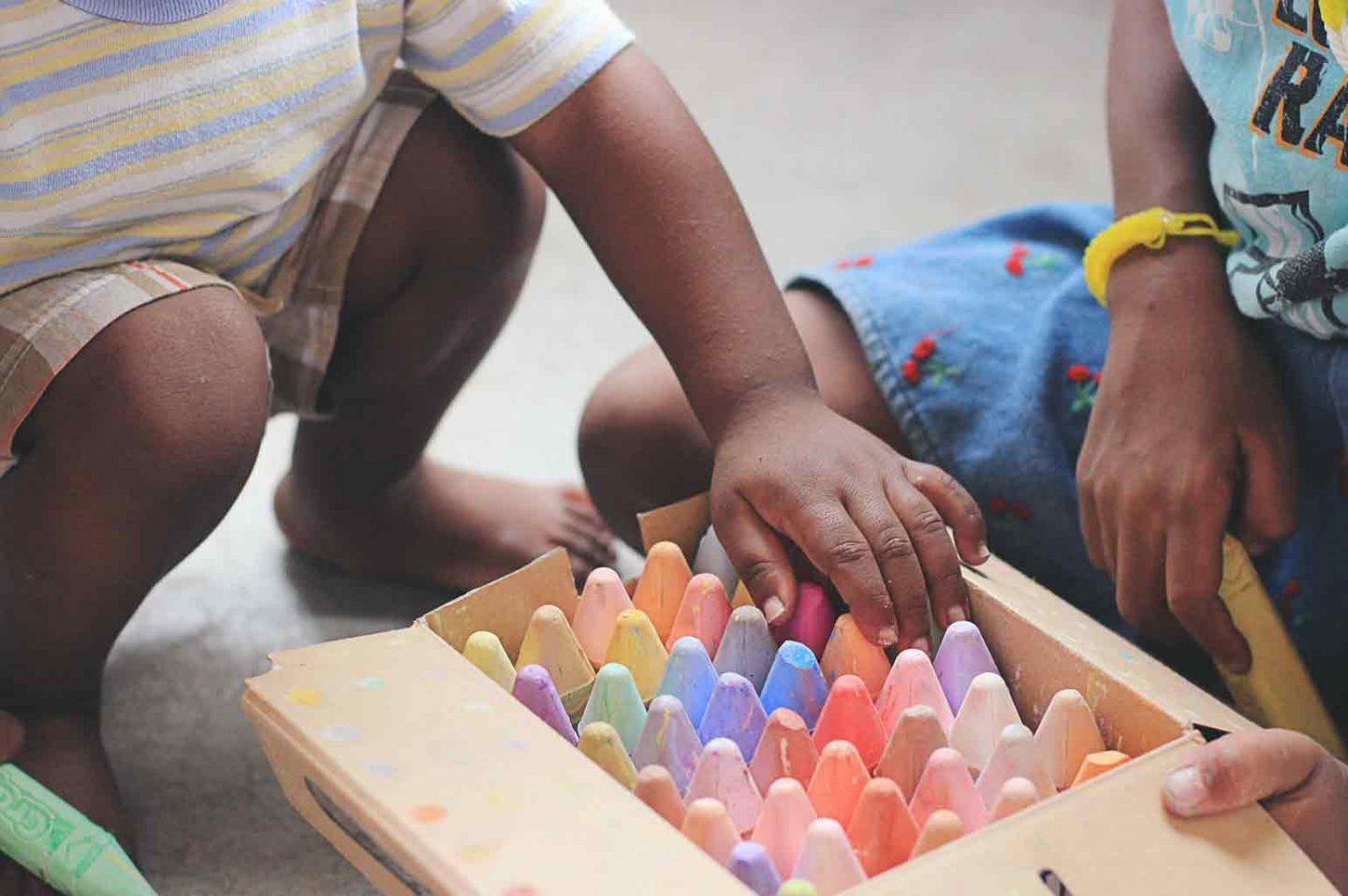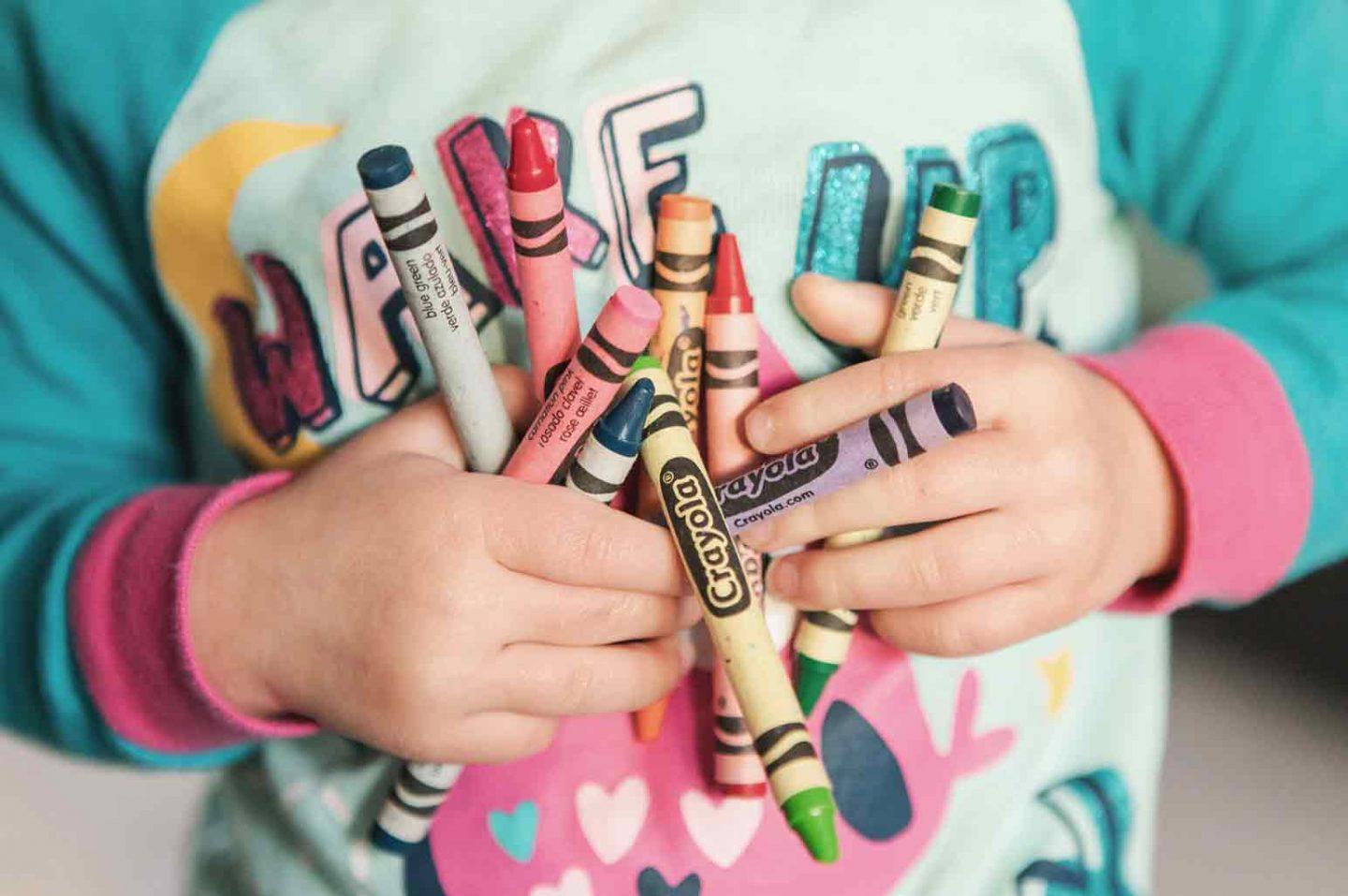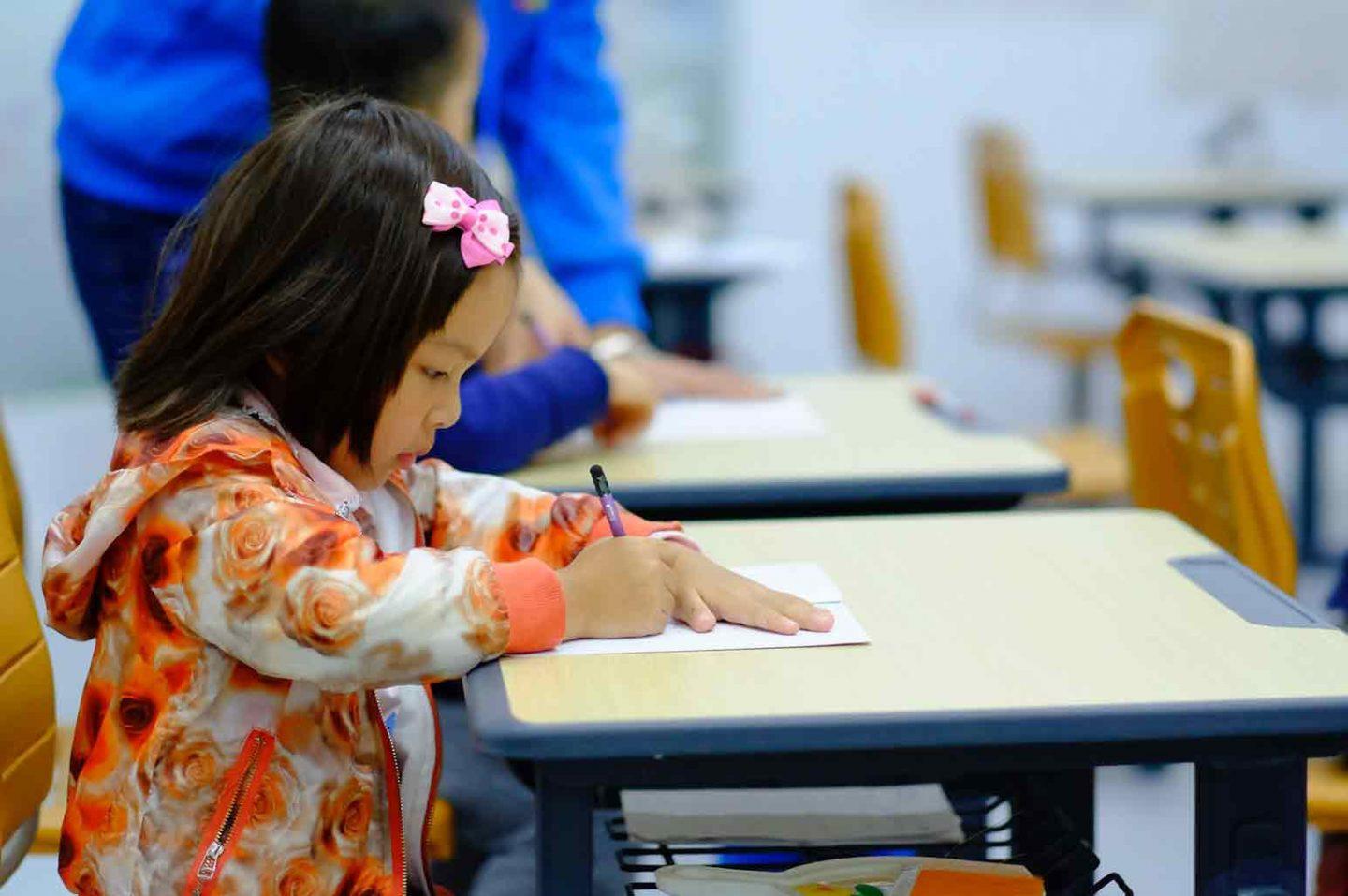
Being a parent is a full-time commitment, and it comes with all kinds of social and cultural expectations. Add to that, the times are changing, making it almost impossible to stick to what is tried and tested, as the pandemic has shown us ever so vividly over the past year and a half! In all of this chaos and confusion, many parents have started looking for alternative ways to foster creativity in their kids, especially in the countries where schools aren’t opening just yet, or that have switched to a digital classroom.
Of course, this transition has a myriad of benefits, but when you’re stuck in a single system and with no room to explore your options, you as a parent need to provide your kids the diversity they need to become better learners, but also better people. In addition to scheduling versatile family activities for you and your little ones, you can design your time together and their alone time to nurture their imagination and creative thinking. Here’s how you can incorporate some global and country-specific ideas into your own parenting style!

Danes Send Their Kids to the Woods
We all rely so much on technology that we’ve forgotten what it means to be in nature and one with nature. In some cultures, parents raise their kids to be exceptionally close with their natural environment, to learn how to preserve it, and above all, to respect and learn about it on the go. In Denmark, they even have forest kindergartens where kids spend most of their time outdoors!
They let their kids climb trees, they teach them how to use different tools, and they tell all kinds of exciting stories. We might have become a little bit too overprotective with our little ones, so we might try spending more time in nature with them.
Early Childhood Socialization in Australia
The current situation aside, most parents strive to socialize their kids once they can speak or walk, and playdates aren’t that frequent for parents who would otherwise have to spend every waking moment looking after the kids because they’re too young. In Australia’s largest cities, parents send their youngest kids to playgroups and educational groups that encourage socialization from day one and help develop social skills as well as creative exchanges.
Parents send their youngsters to specialized groups for childcare in Sydney that rely on creativity-boosting curriculums, social interactions, and plenty of free play. Although it’s not possible to mimic the model in the middle of a pandemic, we can learn so much from Australian parents once this health crisis is over and encourage socialization from a much younger age!
Individuality Nurturing in the Netherlands
The Netherlands is famous for being unconventional in so many ways, but this country also leads the way in early childhood creativity with how they tackle individualized learning programs. Parents raise their kids to understand that they can learn at their own pace, instead of forcing them to conform to an existing mold of what they need to figure out and when.
Their school systems reflect this mindset by introducing individual development plans that help each child find their way, discover their interests, and learn about the world in their own time. Although you as a parent cannot possibly transform the US education system overnight, you can embody some of these values at home and make your child feel comfortable learning at their own pace and you can encourage them to explore topics they find interesting.

Storytelling to Inspire Reading in Africa
In some countries, education is practically a luxury, so parents need to do so much more to help their kids develop certain skills. In Africa, books are deemed expensive, and many kids don’t have access to the most fundamental reading tools, which makes it difficult for them to keep developing their imagination.
Their parents, however, often tell stories and read to them from free resources they can print or find locally. This tradition of storytelling and preserving their cultural legacy through their language boosts the kids’ imagination, creative thinking, but it also helps protect their language and culture. Do you read to your kids, or tell them bedtime stories?
Fostering Independence in Japan
Did you know that parents in Japan let their kids use the public transportation system on their own when they’re only five? Of course, we cannot apply the same principle in the US, and it’s impossible to do that in other parts of the world, too, but the logic behind it is more complex and more important than riding a bus on their own: the power of independence!
Their kids also take up household chores even earlier, when they’re three, or even two. They help around the house, and they share all kinds of activities with their parents. This makes them feel valued, and they realize they are contributing, which inspires them to come up with their own ways to help and increases their independent thinking, too.

Finding things in nature
When you travel, you introduce your kids to so much in the world. It is a really important factor in helping kids to appreciate the nature around them. This happens in certain coastal villages in places such as Barbados and beyond. When kids have learned about nature as well as the creatures that exist in nature, they can learn to appreciate the beauty of it as well as how to possibly protect their environments for longer. Take them on a trip where they can look at dolphins for example; one great way to do this is a dolphin cruise and they can see the animals in their own territory and learn about how they survive in the wild and give them a deep insight into how they can help nature in the future.
Being sustainable and being aware of the threats is great because it educates them and they will learn to appreciate nature and the world as a whole. You can take them on walks and get them involved with feeding the local animal and even getting them to feed the birds that visit their own garden. Any type of travel in nature is going to inspire kids. It doesn’t take a lot to get a child interested in a certain topic. You should also consider taking them to museums where they can get in touch with nature and learn the histories behind it as well as what needs to be done in the future. This way, kids can blossom with their own ideas and be able to teach others too.
Being a parent in the US is far from ideal, but it’s also extremely diverse and creative. Our openness makes it easy for us to evolve as parents and create a more inviting and inspiring environment for our little ones to unleash their unhindered thoughts and learn how to solve problems. We can pick up ideas from the world’s finest school systems, but also different cultures and societies around the globe. Over time, our own parenting will be better, and our kids will master invaluable skills that will help them express themselves freely and openly!

